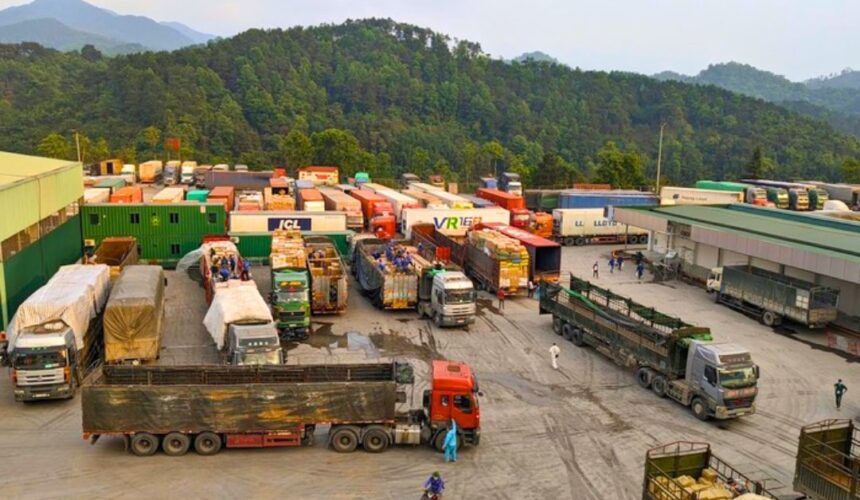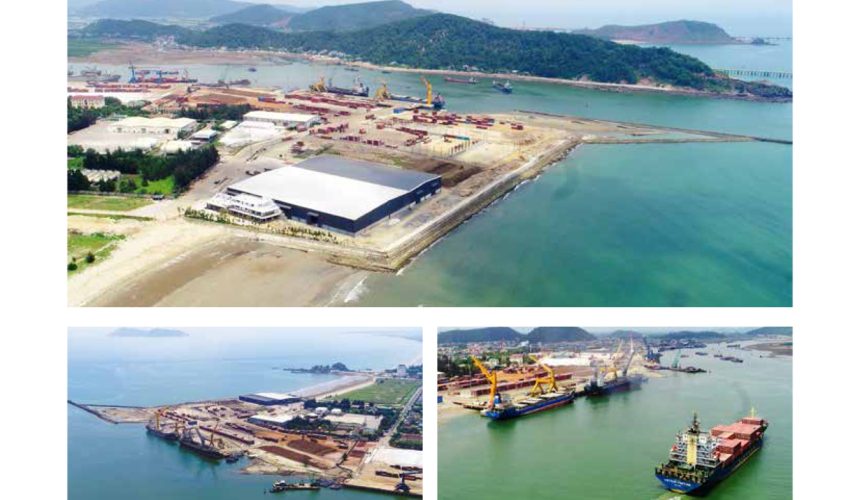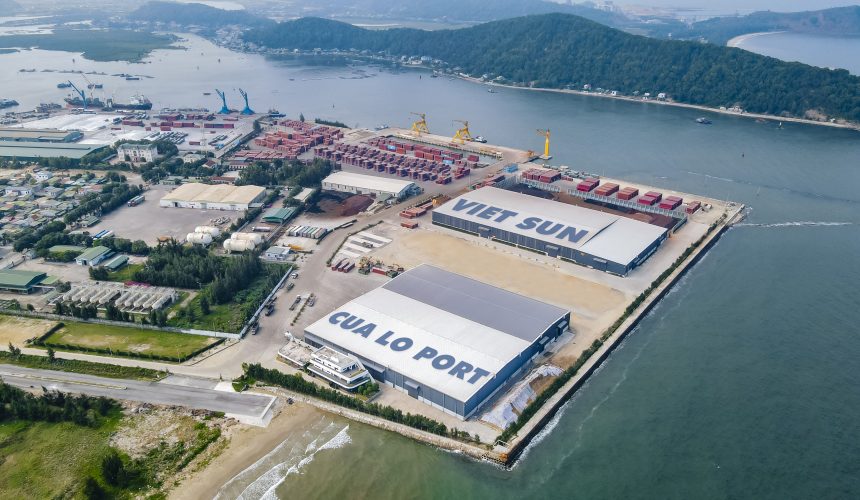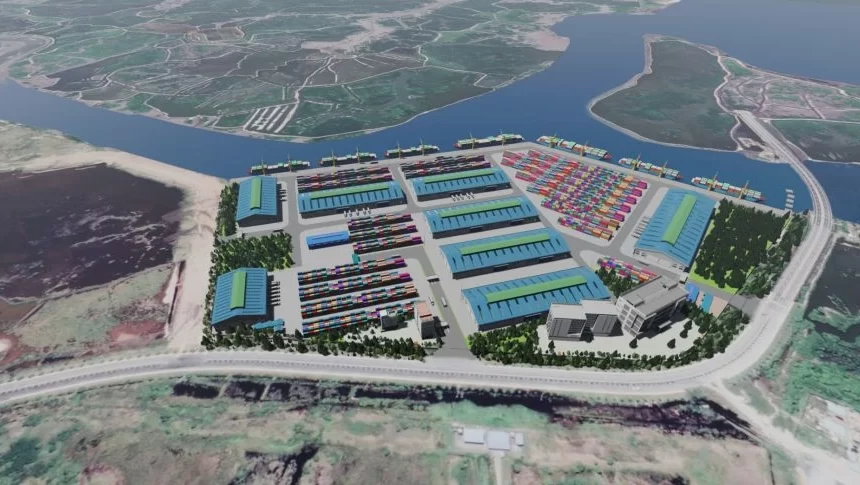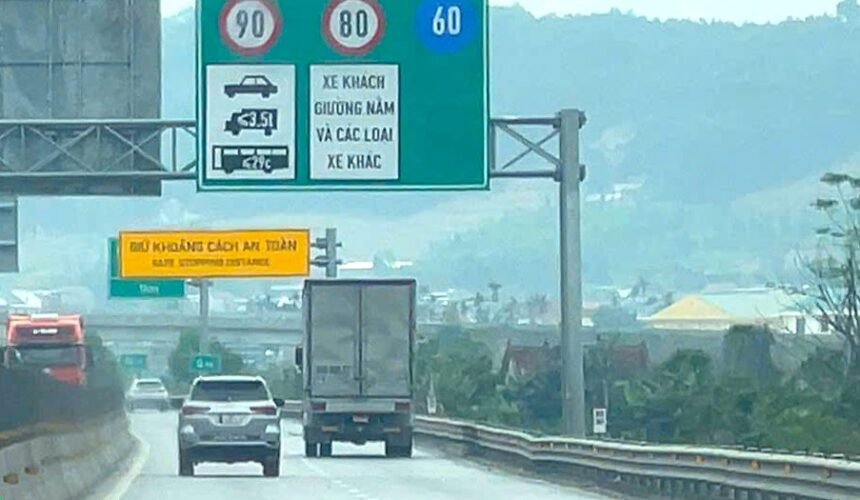In just over 1 day, vehicle owners must complete the conversion of their traffic accounts connected to non-cash payment methods. According to Decree 119, after October 1, 2025, only car owners who have been properly identified and linked to payment methods will be allowed to deposit money to use the non-stop toll lane (ETC).
Notably, the traffic account after identification not only serves to pass through toll stations but can also connect to many essential services such as: payment for parking, inner-city tickets, gasoline and other urban utilities.
If there is a delay in the conversion, the vehicle may be refused to pass through the ETC station, causing congestion and difficulty in looking up transactions to make complaints or use extended services in the future.

Only 50% converted media
According to statistics from ePass and VETC, to date, only about 50% out of a total of 6.8 million cars nationwide have completed the conversion to a traffic account connected to a means of payment. Of these, the majority are private cars, while the remaining 130,000 transport businesses remain "inactive".
Mr. Khuc Huu Thanh Hai - Director of Dat Cang Trading and Service Company Limited - shared: "For many days now, the unit has been struggling to find a way to convert accounts for hundreds of transport business vehicles because there are no specific instructions for business accounts. We are wondering whether the business will share one account or each vehicle must have a separate account."
Already have a VETC account, how to switch to a traffic account? Users can identify and switch to a traffic account right on the VETC application or at official support points.
Concerns about costs and complex management
Similarly, Mr. Do Van Bang - Chairman of the Hanoi Transport Association, Director of Minh Thanh Phat Trading and Service Co., Ltd. (Xe Sao Viet) - said that most transport businesses have not yet implemented the conversion of transport accounts. He analyzed: “Businesses often pay transport fees from the company account to the account of the toll collection unit, then the two sides deduct. When the money runs out, they add more. But according to the new regulations, businesses must use e-wallets or Visa cards. If using an international Visa card or an e-wallet of a non-connected bank, the business will be deducted about 2% in transaction fees. For units with hundreds of vehicles, this cost is a huge financial burden.”
Regulations on VAT deduction
In addition, according to point i, clause 2, article 26 of Decree No. 181/2025/ND-CP on non-cash payment documents: “In case goods and services purchased to serve the production and trading of goods and services subject to value-added tax are authorized to individuals who are employees of the business establishment to make non-cash payments according to the financial regulations or internal regulations of the business establishment, then the business establishment pays the employee in the form of non-cash payments, then the input value-added tax is deducted.”
Thus, to deduct input VAT, businesses are required to authorize employees to directly make non-cash payments.
Mr. Do Van Bang added: “Every day, we spend nearly 100 million VND on traffic fees, so we will need a lot of accounts. Instead of just managing one account, businesses may now have to open a series of identification accounts (IP). For businesses that own hundreds of vehicles, the number of accounts that need authorization will be very large. At that time, businesses must set up an additional department to manage IP accounts, and another department in charge of authorizing payments to drivers to synthesize and update invoices.”
According to him, if drivers are allowed to manage their own accounts, the risks are very high, such as the case of the driver suddenly quitting or misusing the money the company has prepaid. This also makes many drivers reluctant to provide personal records.
Recommendations from businesses
From the above shortcomings, Mr. Do Van Bang suggested: “The transition to e-wallets should be divided into two groups – businesses and individuals. In particular, transportation businesses should keep the current transaction form (authorizing payment from business accounts), avoiding having to split and open too many accounts.”
Vietsun: Continue to maintain stable payment methods
According to the latest official information from the Ministry of Transport, the transport vehicles of enterprises – including Vietsun’s container truck fleet – are still allowed to maintain the current payment method.
This helps Vietsun ensure stable, transparent and safe transportation operations, while continuing to accompany customers and partners in the transition to cashless payments according to the Government's general roadmap.
📌 Contact Vietsun for detailed advice:
Hotline: 028 3826 9539
📧 Email: admin@vietsunlogistic.com
🌍 Website: www.vietsunlogistic.com
Vietsun – Carrying full faith, reaching far with value
(According to Vietnamnet.vn)

